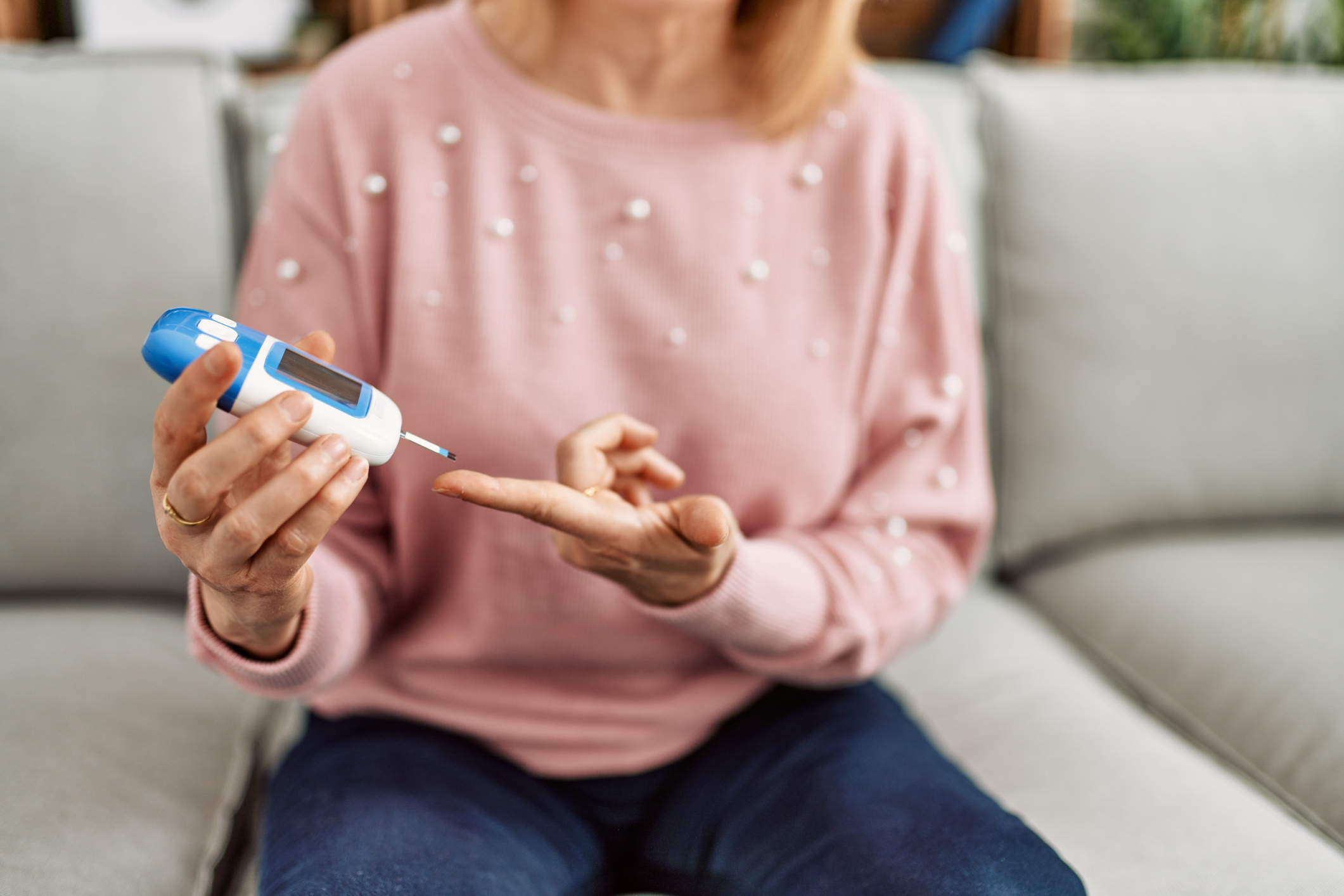Get Easy Health Digest™ in your inbox and don’t miss a thing when you subscribe today. Plus, get the free bonus report, Mother Nature’s Tips, Tricks and Remedies for Cholesterol, Blood Pressure & Blood Sugar as my way of saying welcome to the community!
How breast cancer and diabetes feed off each other

When we think about breast cancer, diabetes isn’t the first thing to come to mind — and vice versa.
After all, while some studies have indicated that the two diseases are significantly associated with each other, others have found no association whatsoever.
It’s a juxtaposition that’s left even cancer doctors and researchers wondering what the truth is about their supposed connection.
But now, thanks to a team of scientists from the University of California San Diego, the issue may have finally been settled once and for all.
In fact, their findings show that breast cancer and blood sugar problems not only go hand-in-hand, they live on a feedback loop that can take you from one disease to two — more easily than you ever thought possible.
What past research shows
But before we dive into just why breast cancer and diabetes are linked, let’s take a quick look at the results of past studies and why the debate on whether or not they truly go together has raged for so long.
First, studies have shown that women with diabetes have a 20 to 27 percent increased risk of developing breast cancer. To top it off, insulin resistance (a hallmark of diabetes) has been associated with breast cancer incidence and poor survival.
And population studies have indicated that the risk of developing diabetes begins to increase approximately two years after a breast cancer diagnosis. By 10 years post-diagnosis, that risk is 20 percent higher in breast cancer survivors than for women without breast cancer.
However, as many scientists will tell you, just because there seems to be a link doesn’t mean there is, especially when you can’t prove why one causes the other. And as we already talked about there have been other studies that have shown no association between the two diseases.
But now, there seems to be no question about it. The San Diego researchers found proof that definitely links breast cancer and blood sugar problems in little hollow spheres known as extracellular vesicles or EVs.
The proof is in the extracellular vesicles
EVs are spheres that are secreted or shed by cells and are responsible for transporting DNA, RNA, proteins, fats and other materials between cells.
The scientists found that these EVs are used by breast cancer cells to damage cells in the pancreas whose function is to maintain normal blood sugar levels. The cancer cells do this to increase their food supply so that they can spread.
“Cancer cells have a sweet tooth,” says study author Shizhen Emily Wang, PhD, professor of pathology at UC San Diego School of Medicine. “They use more glucose than healthy cells in order to fuel tumor growth, and this has been the basis for PET scans in cancer detection. By increasing blood glucose that can be easily used by cancer cells, breast tumors make their own favorite food and, meanwhile, deprive this essential nutrient from normal cells.”
In other words, high levels of sugar in your blood help breast cancer grow and spread. And once you have breast cancer, the cancer itself will cause blood sugar problems so it can continue to grow and spread.
This is a well-known truth that Nobel Prize-winning physiologist and biochemist, Otto Warburg, first hypothesized more than 90 years ago. It’s been dubbed the Warburg effect. And, unfortunately, it’s not exclusive to breast cancer.
Breaking the loop
As Wang points out, “No disease is an island because no cell lives alone.”
Instead, it’s a dangerous feedback loop. So, the next question is, how do we target both ends of that loop to try to put a stop to the cycle?
Well, first you want to take steps to minimize your cancer risk, by following healthy lifestyle guidelines, such as eating less sugar and naturally boosting your body’s cancer-killing hormone.
If you’ve had breast cancer, focus heavy on the lifestyle factors that can reduce your risks of the cancer coming back. An important one is following the best diets for cancer survivors.
Next, you’ll need to focus on maintaining healthy blood sugar levels. You can do this in multiple ways by:
- Getting more vitamin D to slash your diabetes risk by nearly 70 percent
- Losing weight can take the aggression out of EVs and breast cancer cells, and can help to reverse the “fat overspill” mechanism behind type 2 diabetes.
- Eating more of the foods that fight blood sugar issues, such as veggies, fruits and whole grains
Considering that we now have conclusive proof that diabetes and breast cancer go hand-in-hand, we also know that taking steps to prevent even one of these deadly diseases provides powerful protection against the other.
Editor’s note: Are you feeling unusually tired? You may think this is normal aging, but the problem could be your master hormone. When it’s not working, your risk of age-related diseases skyrockets. To reset what many call “the trigger for all disease” and live better, longer, click here to discover The Insulin Factor: How to Repair Your Body’s Master Controller and Conquer Chronic Disease!
Sources:
The paired perils of breast cancer and diabetes – ScienceDaily












